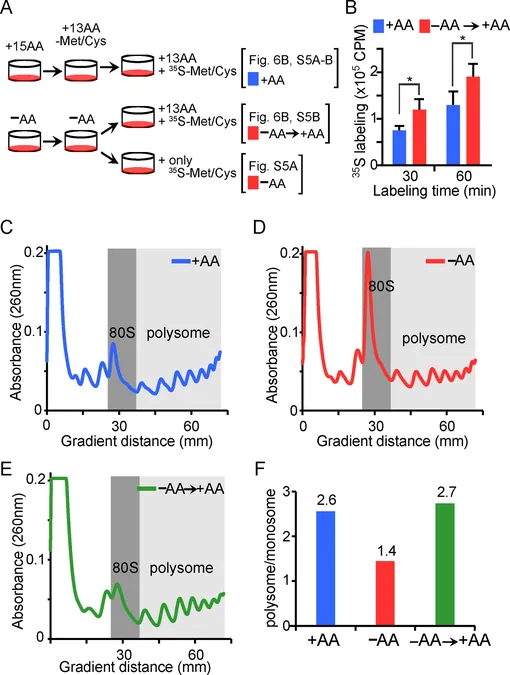
Breakthrough Discovery: How Cancer Cells Outsmart Nutrient Scarcity!
2025-06-24
Author: Ming
UCLA Scientists Unveil Cancer Cells' Survival Secrets
In a groundbreaking study, researchers at UCLA have unveiled a remarkable survival strategy employed by cancer cells when they find themselves in low-nutrient environments. Their insights, published in Cancer & Metabolism, could revolutionize our understanding of how these cells endure and thrive under metabolic stress.
The team made a startling discovery: when faced with amino acid scarcity—crucial for protein synthesis—cells activate a growth-promoting protein known as MYC. This activation is accompanied by a transformation in chromatin structure, specifically by decreasing a chemical marker called H4K20me1, which typically shields active genes.
These dual adaptations appear to prepare the cells to ramp up protein production at lightning speed once nutrients become available again. This clever strategy sheds light on how MYC-driven cancers can survive and flourish, even when resources are severely limited.
The Power of MYC: A Key to Cancer Survival
The MYC gene, notorious for its frequent activation in various cancers such as colorectal, lung, stomach, and several breast cancer subtypes, plays a pivotal role in enhancing protein production. Until now, the underlying epigenetic mechanisms that enable MYC to function optimally during times of amino acid deprivation remained largely a mystery.
To uncover these secrets, scientists conducted experiments on human cells, both in the presence and absence of amino acids, meticulously observing how DNA packaging and gene activity shifted during nutrient shortages. By employing an array of sophisticated molecular tools, they quantitatively assessed gene expression and protein output.
New Horizons in Cancer Treatment?
These findings not only illuminate how cancer cells adapt but also open exciting new avenues for cancer treatment strategies. By revealing how cells leverage a chromatin-based approach to remain prepared for protein production, even in harsh conditions, this research could inspire innovative therapies targeting MYC-driven cancers and other conditions linked to metabolic stress.
Dr. Siavash Kurdistani, a key figure in this research and professor at UCLA's David Geffen School of Medicine, encapsulates their revolutionary finding: "During amino acid scarcity, cells don’t simply shut down their processes—they cleverly rewire themselves to be poised for an explosive resurgence in protein synthesis as soon as conditions improve."

 Brasil (PT)
Brasil (PT)
 Canada (EN)
Canada (EN)
 Chile (ES)
Chile (ES)
 Česko (CS)
Česko (CS)
 대한민국 (KO)
대한민국 (KO)
 España (ES)
España (ES)
 France (FR)
France (FR)
 Hong Kong (EN)
Hong Kong (EN)
 Italia (IT)
Italia (IT)
 日本 (JA)
日本 (JA)
 Magyarország (HU)
Magyarország (HU)
 Norge (NO)
Norge (NO)
 Polska (PL)
Polska (PL)
 Schweiz (DE)
Schweiz (DE)
 Singapore (EN)
Singapore (EN)
 Sverige (SV)
Sverige (SV)
 Suomi (FI)
Suomi (FI)
 Türkiye (TR)
Türkiye (TR)
 الإمارات العربية المتحدة (AR)
الإمارات العربية المتحدة (AR)